How to stop your child from being selfish
7 Effective Ways to Deal with Selfish Behaviour in Kids
When kids grow up, they pay more attention to themselves. This is a completely normal phenomenon as kids become aware of who they are and go through new cultural and social dynamics. Usually, children are averse to the thought of being an odd one out in a crowd. So, they focus on their own behaviour and looks in order to fit in the crowd. Experts usually call this developmental phase as the ‘imaginary audience’, when kids believe that everyone’s attention is on them. Don’t worry as this kind of self-focus is normal, but it becomes wrong when it turns into extremely selfish behaviour.
What Causes Selfish Behaviour in a Child?
There are many causes that lead to the development of selfish behaviour in a child, and parents might be the ones directly or indirectly contributing to it.
Here are a few causes of selfishness in a child:
- Parents spoiling their child for their own negative reasons like avoidance, guilt, compensation or ‘love’ leads to selfish behaviour in the child.
- The feeling of neglect can make a child selfish.
- When a child is angry, depressed, or anxious, and nobody pays attention to him, he may become a recluse and start focusing on himself without caring about others.
- When your child is jealous of a sibling, he may become selfish.
- When a parent or some other family member acts selfish, the child may model his behaviour and imitate their behaviour.
- When parents don’t set limits for a child, he may become selfish and spoiled. Lack of discipline may also make a child selfish.
- A child may become self-obsessed if his parents don’t teach him the value of being selfless.
- When a kid has underdeveloped emotional intelligence and doesn’t know how to understand other’s emotions.
If your child grabs something from his friend yelling ‘mine!’ or takes the last cookie from a plate immediately without asking anyone else or refuses to share his toys, he might be selfish.
How to Raise a Selfless/Altruistic Child
Are you wondering how to deal with a selfish child? The first step to changing a child’s selfish behaviour is by realising that this behaviour is a big problem, and not a temporary phase. To mend your child’s selfish behaviour, here is what you can do.
1. Get to the Root
Start by getting to the crux of the problem, i.e. finding out the reason for your child’s selfishness. Is it something new? Is he fighting with his siblings? Are your rules too weak? Is there some problem at school? Before worrying about the consequences, first, make a list and see what has changed about your child recently, which might be contributing to his selfish behaviour.
2. Practice No Tolerance Policy
To correct your child’s behaviour, tell him that such behaviour will not be tolerated. You have to be consistent and firm as this might be hard if the child is used to every whim being fulfilled. Set rules that selfishness can never be displayed at home or anywhere else.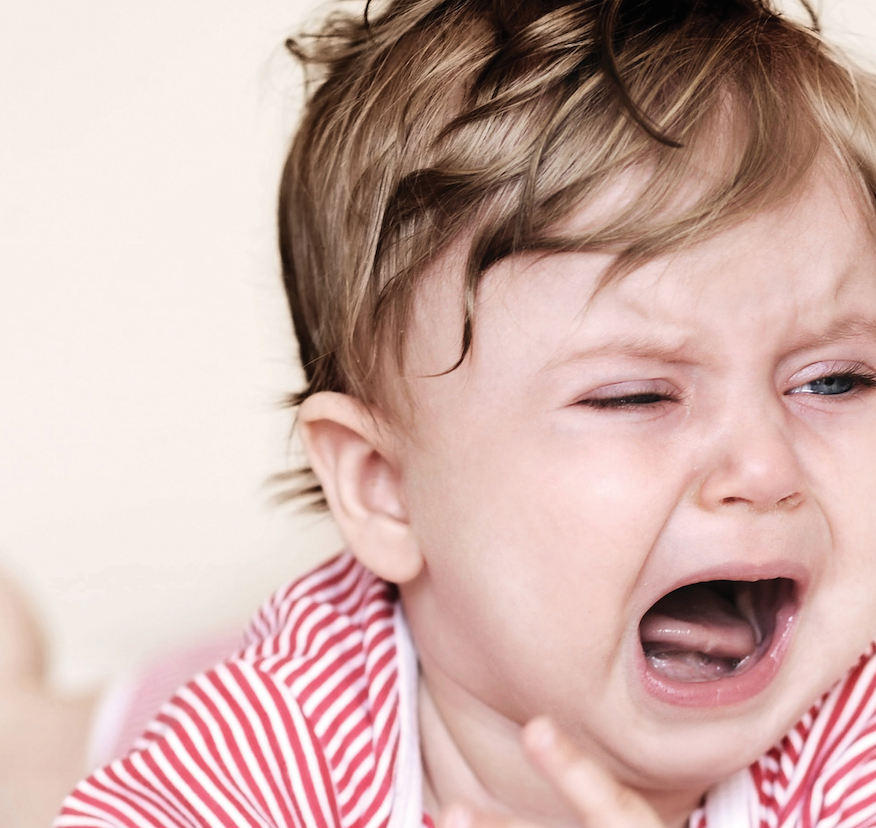 Show your disapproval if your kid acts selfishly. Make sure you tell him why selfishness is wrong and make him aware of its consequences.
Show your disapproval if your kid acts selfishly. Make sure you tell him why selfishness is wrong and make him aware of its consequences.
3. Teach Empathy
Children who can put themselves in other’s shoes and feel someone’s pain are more likely to be generous and unselfish. So teach your child empathy by pointing out other people’s emotions. Point out mannerisms and facial expressions of people around him to help him understand the difference between happy and sad. You can also role-play to help your child imagine how he would feel in a specific situation. Ask him, ‘how would he feel in a similar situation?’ This will help in building empathy in him.
4. Point Out Selflessness
The best way to cure selfishness is by pointing out the opposite. There will be times when your child would do selfless deeds as well; when you notice his unselfish or generous acts, praise him. Make sure to describe his action to him and point out why it was right and why it made the other person happy. If you do so, your child will be likely to repeat the deed more often.
If you do so, your child will be likely to repeat the deed more often.
5. Set Limitations
Kids become selfish if they are used to getting what they want. This is why you need to set proper limits for your child and stick to them. Avoid giving in if he cries or throws tantrums. Stand firm and make sure that he understands that he will not get what he wants, whenever he wants it, especially with such behaviour. Tell others in your family too, to follow your example and not indulge in any way.
6. Be a Role Model
Kids follow by example, and who can lead them better than you, his parent? Show your kid how to be unselfish by doing generous acts in front of him. Remember to draw his attention to the good deeds you do so that he can know how to behave in the same way in the future. Kids mimic their parents, so be a good role model for him, and he will become selfless just like you.
7. Reward Your Child
You can also reward your child whenever he performs any unselfish deed. Praise him for it and tell him why his act was so considerate. This will act as positive reinforcement and encourage him to repeat such deeds going ahead.
Praise him for it and tell him why his act was so considerate. This will act as positive reinforcement and encourage him to repeat such deeds going ahead.
Kids behaviour can be modified when they are young. If your child’s behaviour is selfish, follow the tips shared above, and you’ll be sure of proactively raising an unselfish child who is generous and considerate.
Also Read: Egocentrism in Kids
Help Your Child Grow Out Of Selfishness With These Tips
By Larissa Marulli
While some would argue that children are born selfish, others say it's a learned behavior.
Via PexelsWhile some would argue that children are born selfish, others say it's a learned behavior. Whatever you think, let's all agree that selfish children need to be broken of their bad habits. Selfishness is when an individual thinks of themselves first and foremost. These people are much more concerned about their own personal gain than the needs of anyone around them. We all have the tendency to be a bit selfish at times but to have selfishness be one of your main personality traits is a good way to end up alone and with no friends.
These people are much more concerned about their own personal gain than the needs of anyone around them. We all have the tendency to be a bit selfish at times but to have selfishness be one of your main personality traits is a good way to end up alone and with no friends.
Babies and toddlers who are still learning the world around them have a tendency to be naturally selfish. When babies and young kids need food or comfort, they cry and yell until they get it. They don't have any other way of communicating, and to them, their needs are first and foremost, and most adults would agree. As kids get older, this behavior does dwindle but it can re-appear or never fully go away. However, there has been evidence that toddlers are also very capable of displaying altruism from a young age hinting that selfishness isn't a naturally learned behavior. Dr. Felix Warneken has almost two decades of experience studying the behavior patterns of toddlers and babies.
A University of Michigan press release from where Dr. Warneken works details his studies and his findings on altruism in toddlers. Dr. Warneken has observed that toddlers are ready and willing to help without the promise of a reward or treat. Anyone who has ever raised a toddler can attest to this theory that kids aren't born selfish. Babies and toddlers want to do what adults are doing. They want to get involved and want to help. Start folding some laundry in front of a two-year-old, and they will happily fold and put away unlike an 8-year-old who knows what chores are. If you get hurt in front of a toddler, they'll be likely to come over and check on you too.
Warneken works details his studies and his findings on altruism in toddlers. Dr. Warneken has observed that toddlers are ready and willing to help without the promise of a reward or treat. Anyone who has ever raised a toddler can attest to this theory that kids aren't born selfish. Babies and toddlers want to do what adults are doing. They want to get involved and want to help. Start folding some laundry in front of a two-year-old, and they will happily fold and put away unlike an 8-year-old who knows what chores are. If you get hurt in front of a toddler, they'll be likely to come over and check on you too.
Selfishness in older kids is more learned from poor habits and, unfortunately, lack of proper behavior guidance from parents. This trait can develop in multiple ways but it commonly comes from witnessing it and then copying it. A lot of times selfishness also comes from when kids are given what they want when they want it and aren't told "no" very often. Here are some signs of selfishness in kids.
- Interrupting adult conversation so they can be heard
- Making a mess in a room that was just cleaned
- Wanting a toy and taking it from someone simply because they want it
- Crying and tantrums when told no or told to wait
- Wanting to always pick the movie and getting upset when they can't.
RELATED: When You Parent Right, But Still Get Selfish Kids
Talk About It & Point It Out
Via PexelsProblems can't be solved if they aren't addressed. Selfishness in your child needs to be pointed out and spoken about consistently. If you witness or see any of those behaviors, stop and say something. Chances are your child doesn't even realize they're being selfish or know they're doing it. Tell them, but whatever you do, don't ever call your child selfish. Tell them they're behaving in a way that is selfish. A Psychology Today article advises parents that being accused of being selfish as a child will stick with them through adulthood. While it isn't name-calling to us, it is to your child and labels them. If you call them selfish, they will believe it.
While it isn't name-calling to us, it is to your child and labels them. If you call them selfish, they will believe it.
It's a very safe bet that a child who is selfish would be very upset if their own behavior was done to them. When you have an incident at home, ask your kids how they would feel to be on the receiving end of what they just did. Stop the moment and ask them why? Ask them why they truly believed they should be first or why they are the most important. This makes them think about how they behaved and finds a root cause of their selfishness. Odds are, your child won't have an answer to these questions at first but help them out. No, they wouldn't be happy, and no, they aren't more important than anyone else.
Praise Unselfish Behavior
Via pexelsWhen your child does something kind and altruistic, definitely tell them when they're doing well. This positive attention can go very far and can help a selfish child realize that being nice is better for everyone. Tell them exactly what they did well and encourage them to do it again. Be sure to practice unselfish behavior yourself to lead by example.
Tell them exactly what they did well and encourage them to do it again. Be sure to practice unselfish behavior yourself to lead by example.
Source: Unversity of Michigan, Parenting First Cry, Psychology Today, Huff Post
How to deal with a child's selfishness
home
Parents
How to raise a child?
How to deal with child selfishness
- Tags:
- Expert advice
- 3-7 years
- 7-12 years old
Many mothers and fathers raising children of primary school are most likely familiar with the situation: the child behaves selfishly, thinks only about his own desires and needs and does not want to take into account others. Parents are perplexed: perhaps the reason is the wrong upbringing of children, or is it the influence of peers that makes itself felt? nine0003
According to experts, children's selfishness is formed in the family. One of its reasons is the lack of attention and love for the child from adults. Children expect from their parents not only gifts and money, but also understanding, participation, sincere interest in themselves and their problems. If the “response” does not occur, the child may experience resentment towards the “ancestors”, and with it the desire to act towards relatives in the same way as they act towards him.
Children expect from their parents not only gifts and money, but also understanding, participation, sincere interest in themselves and their problems. If the “response” does not occur, the child may experience resentment towards the “ancestors”, and with it the desire to act towards relatives in the same way as they act towards him.
Another common cause of children's selfishness is the wrong behavior of parents. If the mother and father have their own desires and interests in the first place, the child gradually gets used to the fact that such an attitude towards other people is the norm, and by the age of seven or eight years it turns into an egoist. nine0003
The traits of selfishness appear in a child even when parents seek to satisfy his whims and whims, trying to create a happy childhood for him. As a result, he gets used to his privileged position and by the early school age is strengthened in the opinion that his personal needs should come first.
Many famous parents fear that their child may grow up to be selfish. The singer and actress Anastasia Stotskaya tells how her son Alexander is raised. nine0003
The singer and actress Anastasia Stotskaya tells how her son Alexander is raised. nine0003
Many young parents believe that after the age of seven it is too late to re-educate their children. The child psychologist of the portal "I am a parent" gives useful recommendations to mothers and fathers on how to overcome children's egoism and maintain harmony in relations with a child at this age.
1. Pay attention to your behavior and actions
If a child observes manifestations of selfishness in his own parents, it is not surprising if after a while exactly the same qualities are found in him. Remember, the best way to properly educate your child is to show him patterns of appropriate behavior. nine0003
2. Encourage your child to do good and useful things
Start teaching him to help around the house, take care of loved ones, do noble deeds, for example, share something.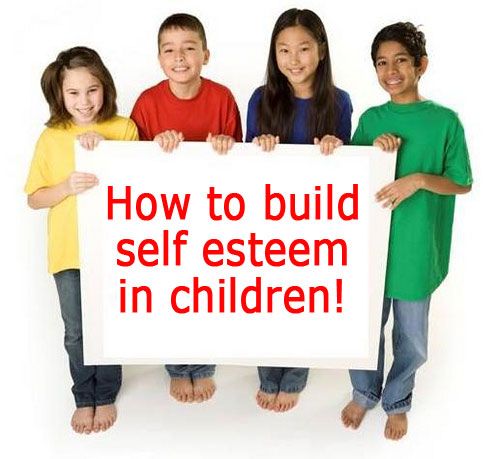 It is important that the child realizes that you can experience joy not only by satisfying your own “wants”, but also by delivering it to other people. Gradually introduce new household chores for the child.
It is important that the child realizes that you can experience joy not only by satisfying your own “wants”, but also by delivering it to other people. Gradually introduce new household chores for the child.
You can find out what parents should do if their child refuses to do their jobs by watching a video consultation by family psychologist Rimma Teperik. nine0003
3. Make a selection of the “right” films and books
Choose books and cartoons for your child, the characters of which are attentive to each other, respect other people's opinions and take care of others. It has long been noticed that children learn information better using examples from books and movies: the deeds and actions of their favorite characters will make them think more deeply about their own behavior than the advice and reproaches of their parents.
4. Get a pet
If your living conditions allow, get a pet for your child.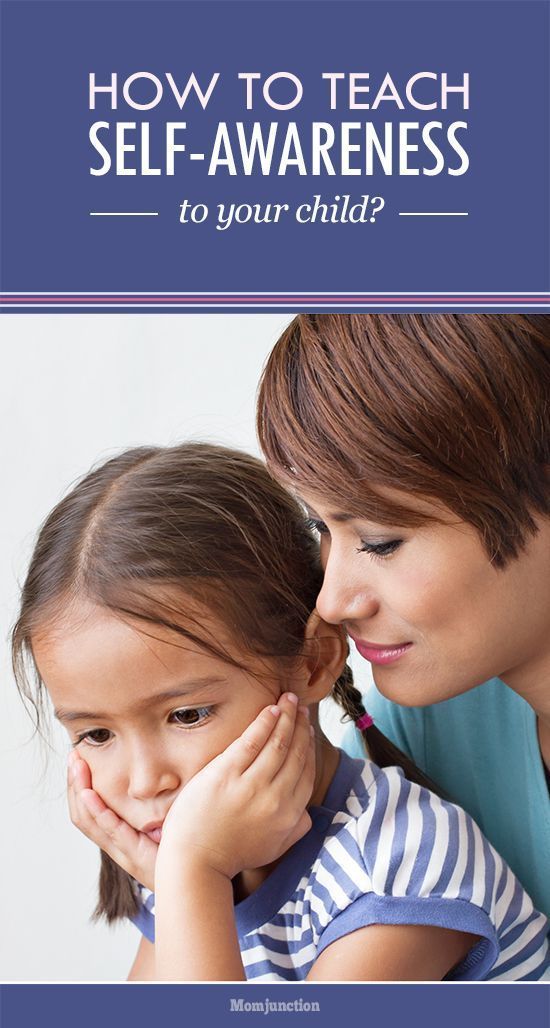 Taking care of pets will teach him responsibility and help him become caring. nine0003
Taking care of pets will teach him responsibility and help him become caring. nine0003
5. Cultivate independence in your child
Don't "strangle" your child with overprotectiveness. Stop helping him in those cases and tasks that he can perform on his own. It is not necessary to sit next to him while he does his homework, serve him at the table, clean up things scattered around the room after him. Cultivate independence in the child, this will help to avoid the problem of children's selfishness.
6. Reward your child when he rejoices in the success of friends
After a school day or kindergarten, be sure to ask how your child spent the day. Ask him not only about what he learned new, but also about the affairs of his friends. Encourage him to positively evaluate the achievements of his peers. nine0003
7. Do not sort things out in front of the child
Try not to sort things out in the presence of the child, as this can destroy the picture of his world. A sense of stability, predictability and security is very important for children, and the loss of it increases the tendency to selfishness.
A sense of stability, predictability and security is very important for children, and the loss of it increases the tendency to selfishness.
Victoria Gritsuk
Take a psychological test on the portal "I am a parent" and find out if you spoil your child.
Do you spoil your child?
Child's selfishness and methods of overcoming it
Usually from the first days of life, children get used to being the center of attention. They help the child in everything: feed, dress, take him for a walk, take care of him. When a baby cries, it does not leave anyone indifferent: everyone runs to help, trying to understand what is the cause of discontent. It often happens that as the child grows, the parents already react to his crying not at all to satisfy the natural needs of the baby, but just his whims. Thus, we discourage the child from learning to do something on his own. How does it happen that a spoiled lazy child - an egoist often grows out of a beloved smiling baby? nine0003
-
1 What is selfishness?
-
2 Selfishness of a child
-
3 Causes of childish selfishness
-
4 Manifestations of selfishness
-
5 Mistakes of parents in education
-
6 Altruism
-
7 Tips for parents on how to re-educate a child
-
7.
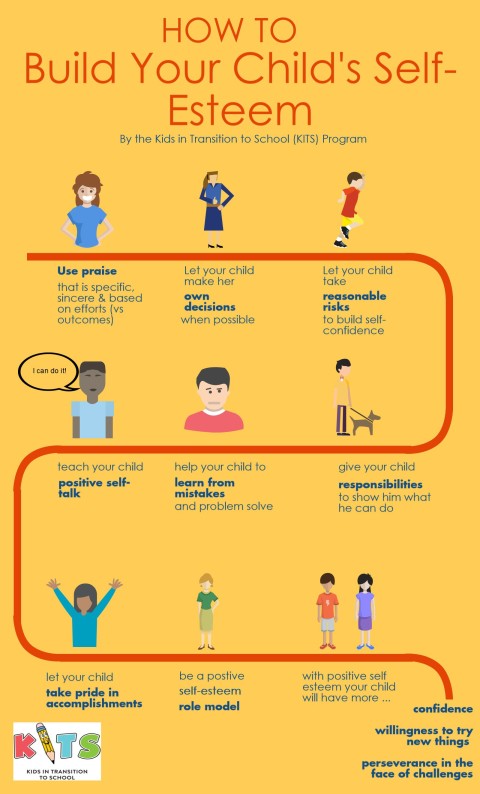 1 Watch a video with practical advice from a psychologist on how to balance love and discipline in parenting
1 Watch a video with practical advice from a psychologist on how to balance love and discipline in parenting
-
-
8 Terminals
What is selfishness?
In psychological science egoism is understood as a negative value orientation of the individual, which manifests itself in a conscious greedy clash of one's own interests and the needs of other people and society as a whole. Until about the age of three, children's selfishness is considered quite natural. It represents the natural selfishness of a baby, interested solely in what can bring him pleasure. The child still does not really need to communicate with peers, does not yet understand whether it is necessary to share. However, experts believe that even at a very early age, a child can become a real egoist. This can happen if the parents thoughtlessly treat the upbringing of the baby: they give him an excessive amount of toys, satisfy the slightest whims, follow the child's lead.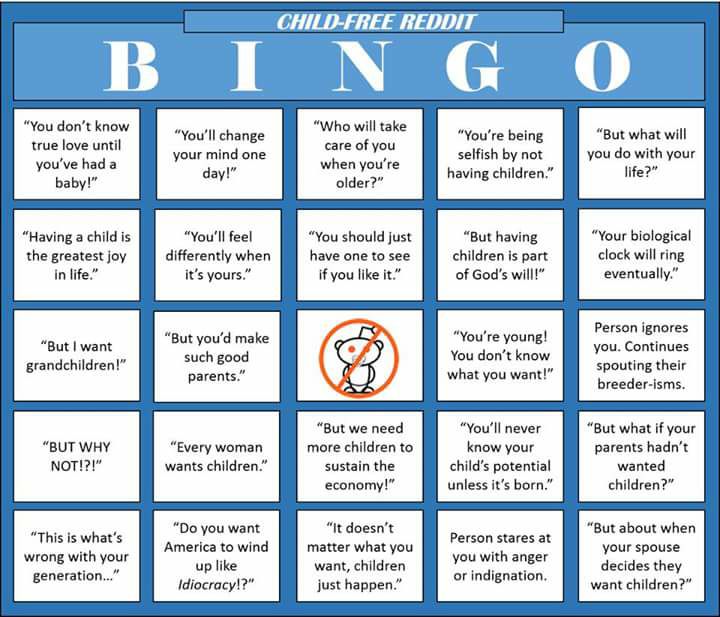 Thus, it is possible to bring up a little tyrant whose desires are the law. nine0003
Thus, it is possible to bring up a little tyrant whose desires are the law. nine0003
“If you do not pay attention to the correct upbringing of a baby from infancy, then the demands of a capricious child will increase over the years, and extortion will acquire the status of a strong trait of his character. Such children plague their parents with constant desires; as adults, they are not able to take care of themselves.”
Egoism of a child
Perception of one's own individuality, one's "I", separating oneself from the environment, as well as the need for self-affirmation are necessary for kids, as well as adults, in order to become a real person. These important processes of becoming a little person usually begin at the age of two. The baby shows a desire for the approval of others, which is why he needs attention from adults, praise, the manifestation of their love, a sense of happiness. In his demands, he is annoying, stubborn and capricious. nine0003
nine0003
The way a child develops relationships with the world around him depends on the people around him:
- whether he will understand other people's desires and feelings
- will he learn to empathize with people
- will he selflessly help
- or will perceive everyone solely as a source of satisfaction of their own desires.
Some psychological and ethical teachings consider egoism as an innate property that allegedly ensures the protection of a person's life and the observance of his interests. At the same time, consumer neglect of the feelings and interests of other people brings a conditional fleeting benefit. Such an attitude leads to the rejection of a person by society, which entails great losses of a different nature. For this reason, preventing the development of egoism is today the most important task of educating children as socially developed individuals. nine0003
Causes of children's selfishness
- Blind love of parents.
 This is the most common problem today. The focus is on the child. To all his questions - significant and not very - a positive answer. Such children react to refusal by scandal, hysteria, screaming, squealing and lying on the floor.
This is the most common problem today. The focus is on the child. To all his questions - significant and not very - a positive answer. Such children react to refusal by scandal, hysteria, screaming, squealing and lying on the floor. - Child's lack of independence. If parents do not allow their son or daughter to perform elementary actions on their own, this will lead to a steady formation of selfishness in their character. Such parents clean up toys after their children throughout childhood, and children ignore all the requests of their parents. nine0015
- Stimulating success. If you do the math, I'll buy a chocolate bar. Familiar? This is how altruism (the complete opposite of egoism) is destroyed in the bud: a child is unlikely to want to do things in life just like that.
Manifestations of selfishness
There is a period in the life of younger preschoolers when they say: “I, I, I… I jump above all. I draw the best. I can climb the highest hill. I am the bravest." At this age, it is a natural need to show one's strength, to show a desire to do something. Parents are always deeply touched by the talents and achievements of the child. They strive to tell everyone what a wonderful child they have, how quickly he develops, how cleverly everything works out for him. However, often mom and dad do not notice (or do not seek to notice) that in this way they contribute to the child's focus only on himself. Excessive praise and admiration do not benefit the child, but only bring him up selfish. nine0003
I draw the best. I can climb the highest hill. I am the bravest." At this age, it is a natural need to show one's strength, to show a desire to do something. Parents are always deeply touched by the talents and achievements of the child. They strive to tell everyone what a wonderful child they have, how quickly he develops, how cleverly everything works out for him. However, often mom and dad do not notice (or do not seek to notice) that in this way they contribute to the child's focus only on himself. Excessive praise and admiration do not benefit the child, but only bring him up selfish. nine0003
Manifestations of selfishness also occur in such cases when parents try to fulfill all the whims of the child: “We did not have a happy childhood, let him have it!” If, as the child grows older, the indulgence of his whims does not decrease, then the child grows up as a selfish consumer and manipulator. For an adult child, the requirements increase, and he will use a variety of methods to achieve the goal, for example, to buy a new smartphone, tablet, laptop, fashionable dress, or simply give money.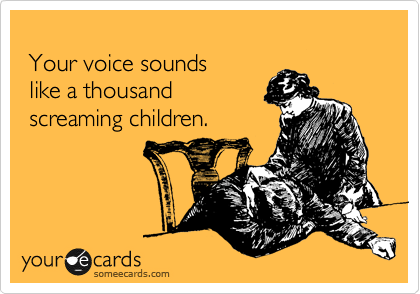 So the child turns into an extortionist who simply mocks his parents, least of all thinking about their capabilities. Such children do not appreciate their parents, do not try to understand their feelings and expectations. A daughter or son is used to thinking how good it would be for them all the time. Without taking action in time, parents will see how their children have become cruel, cold-blooded, greedy. nine0003
So the child turns into an extortionist who simply mocks his parents, least of all thinking about their capabilities. Such children do not appreciate their parents, do not try to understand their feelings and expectations. A daughter or son is used to thinking how good it would be for them all the time. Without taking action in time, parents will see how their children have become cruel, cold-blooded, greedy. nine0003
There are cases when a child's egoism develops in the form of egocentrism : rejection of another point of view, focus on one's own desires, refusal to understand other people. Children brought up in such traditions are unable to convey information adequately, neither communicate nor understand the motivation of interlocutors. Believe me, entering adulthood with such a set of qualities will not be easy at all. Such children are waiting for a lot of failures, disappointments and difficulties in communication.
Egoism can also manifest itself in the form of infantilism (developmental immaturity, preservation of traits inherent in very young children). Such children take care for granted. It would never occur to a child that you can take care of someone yourself. Such children do not know how and do not want to make decisions. Usually they cannot do without their parents all their lives, needing guardianship until old age.
Such children take care for granted. It would never occur to a child that you can take care of someone yourself. Such children do not know how and do not want to make decisions. Usually they cannot do without their parents all their lives, needing guardianship until old age.
Mistakes of parents in upbringing
The egoism of the child and its formation as the main direction of character is the result of improper upbringing. What are the mistakes parents education in this direction?
- The goal is egocentrism. In the event that the goal of upbringing in the family was the formation of inflated self-esteem and egocentrism, then the child will be educated to focus only on himself, on his own needs, interests, feelings. In adulthood, such an increased concentration on one's own "I", absolute indifference to the world around, the interests of people and society can subsequently lead to alienation and perception of the world as hostile.
 nine0015
nine0015 - We give gifts, we give the best. Usually, the egoistic orientation of the child's consciousness is fixed in such families, where the parents orient the entire meaning of the family's life activity only towards the satisfaction of the child's needs. Such a model of parental behavior teaches the child to constantly expect gifts, immediately respond to desires, increase whims and sophistication of whims. Parents do not suspect that they are raising a consumer in their child who can only take and not produce anything. The habit of giving the most delicious piece to the child, serving the first one at the table, etc., also leads to the above consequences.
- Free from work and self-service. Harm brings the desire of parents to free the child from any physical effort, whether it be work or self-service. This is how dependents grow. The extremely opposite position of parents is also harmful: indifference and constant severity towards the child contributes to the formation of the same attitude towards people: soulless, cold.

- We do things for children. This is how you deprive children of initiative and form a negative attitude towards work. nine0015
- Demonstrating a personal negative example. Do we teach morality, attentiveness, kindness, generosity, while showing personal egoistic qualities? It is unlikely that there will be a benefit from a theory that has not been confirmed in practice.
- We bribe children. Paying for chores or school grades is not the best parenting method. The child must evaluate his actions, achievements or failures, and not their monetary value. Financial incentives in childhood contribute to a decrease in enthusiasm and true creativity. nine0015
- We bring up too intensively. Constant edification affects the lowering of the child's self-esteem, suppresses the personality, leads to general immaturity.
“Do you know that preventing the formation of a child’s egoism depends on taking into account his individual character traits and helping parents to build the right relationships with peers and adults?”
Altruism
Altruism is the exact opposite of egoism. Altruism is a concept that implies actions aimed at selfless help, care for others. Do you want your child to grow up to be a respected, worthy member of society? It is necessary to teach him, first of all, to reckon with the opinions of others, to listen to people and help them, to be attentive to them. The egoist is incapable of doing this. nine0003
Altruism is a concept that implies actions aimed at selfless help, care for others. Do you want your child to grow up to be a respected, worthy member of society? It is necessary to teach him, first of all, to reckon with the opinions of others, to listen to people and help them, to be attentive to them. The egoist is incapable of doing this. nine0003
“Do you know that in order to resist the formation of a negative (unnecessary) quality, you need to strive to cultivate a quality that is opposite to it?”
So, how to bring up the altruistic principle in a child?
- Let's start with empathy. Empathy means the ability to sympathize and empathize with the experiences of people. With the help of conversations, real life examples, good old movies and cartoons, you can cultivate empathy in a child. This will be a good prevention of selfishness, will greatly simplify the future life for the baby, and give more chances for success.
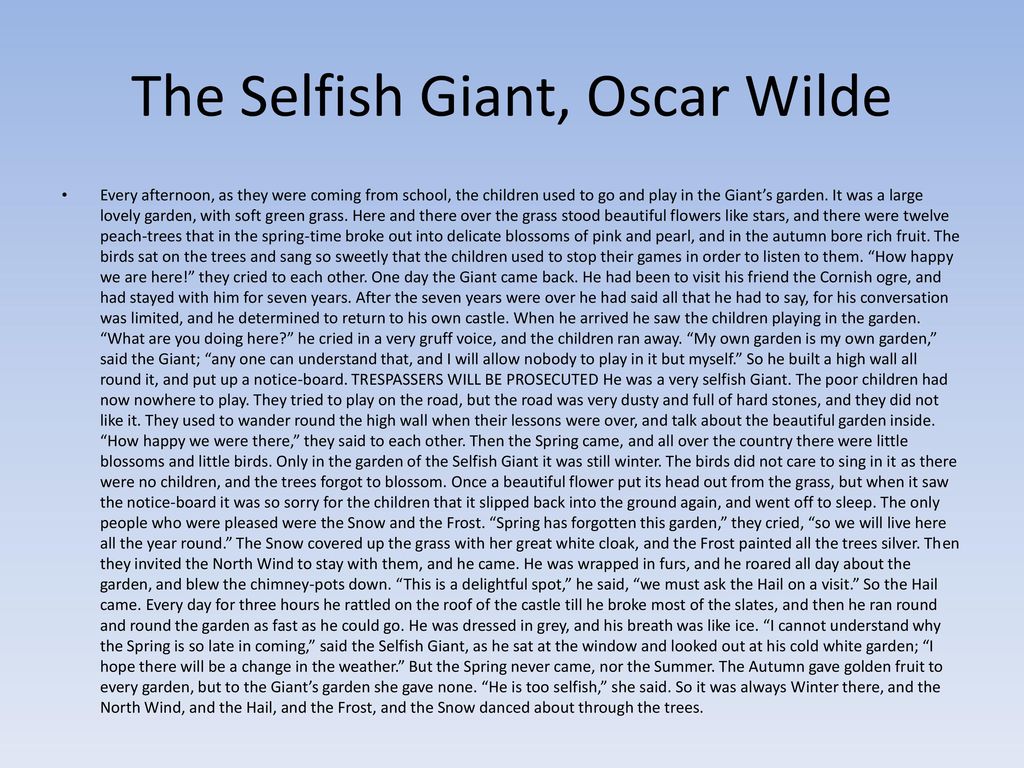 nine0015
nine0015 - We teach that asking for help is nothing to be ashamed of. Kindness and responsiveness can be taught to a child by explaining that all people can find themselves in a helpless situation. In such a case, everyone should be able to come to the rescue. Teach children to be attentive to people, imbued with their states.
Tips for parents on how to re-educate a child
- Stop being responsible for the affairs of the child. Do you recognize the situation when you wake up your child in the morning for school with great difficulty? Does it happen when schoolchildren demand: “Why didn’t you iron it / didn’t sew it / didn’t clean it / didn’t cook it?” Schoolchildren are quite an adult people who can well serve themselves. Children should have their own responsibilities: wake up on time in the morning and go to school, learn lessons, clean up after themselves, help around the house. Custody on trifles prevents the child from growing up.
 Let him have a sense of responsibility. nine0015
Let him have a sense of responsibility. nine0015 - Benefits of negative experience. A child's negative experience is an effective way to realize how to do the right thing. It is in these cases that he will really become an adult, which means that he will be completely independent.
- Don't force me. It is not recommended to force a child to do something that he does not like. Let them learn to take responsibility for their decisions.
- Household help. A preschooler can already do his homework: wipe the dust, wash the plate, make the bed. Let it help - it brings up the need to take care of loved ones. nine0015
- Ask how you are. A child who is interested will show the same attention to the people around him. He will not be indifferent to how they feel, what is happening to them, what are their successes. An attentive child is no longer an egoist.